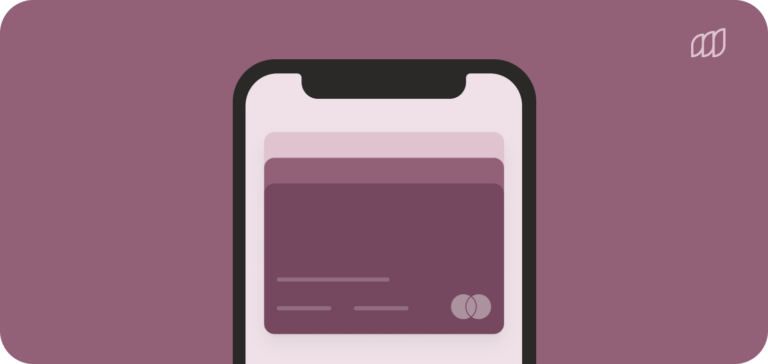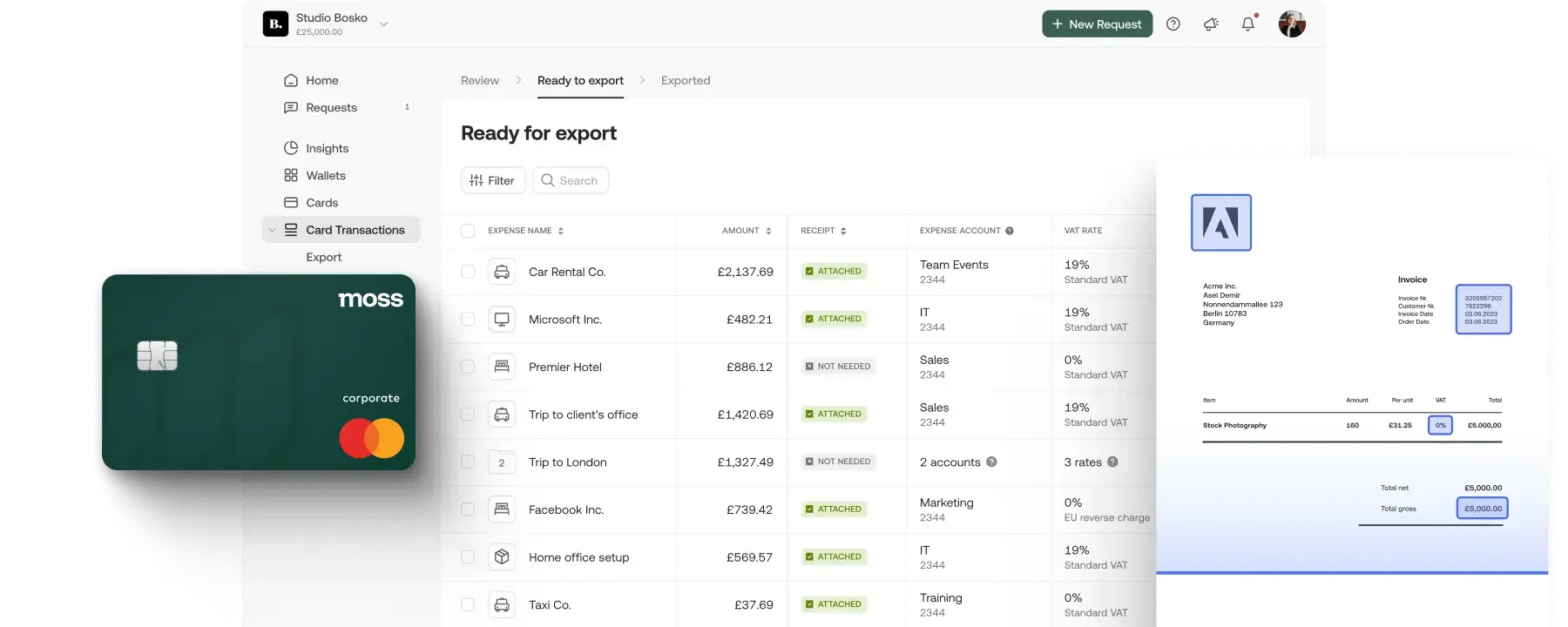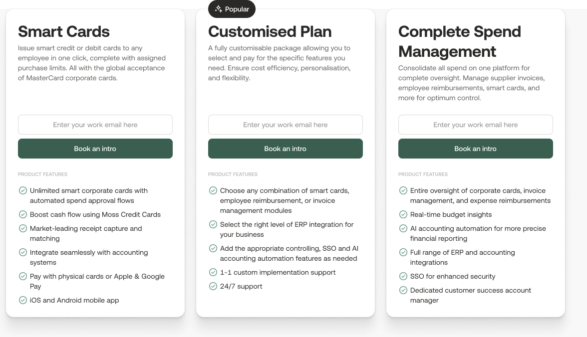There’s a long list of expenses that employees and employers can claim for tax deductions. This includes mileage allowance for company cars, business-related travel expenses, tax relief for working from home, and many more.
Just like laptops, mobile phones are an essential tool for work. Many people use them day in, day out to communicate with coworkers and clients. In keeping with general employee expenses rules, mobile phones are effectively a prerequisite for many people to do their jobs.
As such, it’s possible to claim mobile phone costs as tax-deductible expenses. However, there are some rules that you should be aware of if you want to claim anything related to your mobile phone as a business expense. How and what you can claim is dependent on different factors, including the type of employment you’re engaged in and the type of phone contract you hold.
In this guide, we’ll explain how to claim expenses for your work mobile phone, and walk you through the guidelines that HMRC expects businesses and employees to adhere to.
Mobile expenses for the self-employed and sole traders
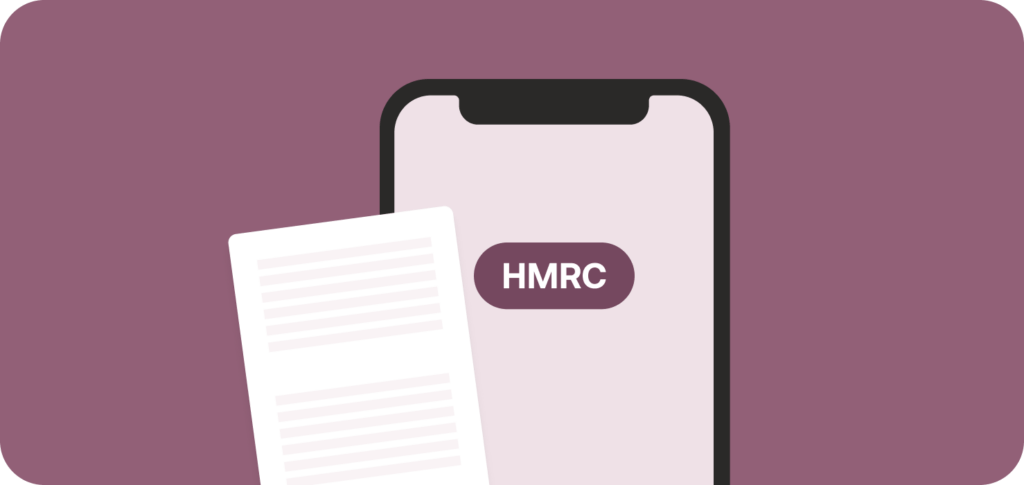
If you’re self-employed or a sole trader, you can claim expenses for all of your business-related calls. Every outgoing cost matters for self-employed individuals and small business owners, so it’s important to take full advantage of the tax relief available to you.
There are two different ways to approach business phone use if you’re self-employed:
Create a contract in the name of your business
The first, and arguably easiest option, is to set up a standalone business phone contract. This could be a mobile phone contract, or a landline contract — whichever suits your needs best.
You’ll need to set up the contract in the name of your business if you want to make an expenses claim for the cost of the phone. This is straightforward if you’re a sole trader, because you and your business are effectively the same entity from a legal standpoint.
If you do so, you’ll be able to claim all costs relating to the contract, including the phone itself. But it’s important that you only use it for business purposes. You’ll have to declare any personal use on your tax return, and the proportional costs will be subtracted from your tax deduction.
You can also to reclaim the cost of any VAT charged on your phone contract, provided you are VAT registered.
Use your personal phone for business
The second option is to use your personal phone for both private and business calls. However, you’ll only be able to claim the cost of business calls you make. You’ll have to cover the cost of the phone and line rental yourself.
This alternative may sound easier, but you’ll have to provide HMRC with precise records of business-related calls that you want to claim. This includes the date, duration, and purpose of each call.
Working backwards through your phone records can be a time-consuming ordeal if you make a lot of calls. So it’s best to get into the habit of tracking business calls as and when you make them. Doing so will save you a lot of time and effort further down the line when the time comes to make your expenses claim.
Mobile expenses under limited companies

When it comes to claiming mobile phone expenses for limited companies, the rules are largely the same as they are for self-employed individuals or sole traders.
Employers can provide employees with one company phone or SIM card. The phone contract has to be in the name of the employing company and payments made from the company’s bank account or business credit card.
If these criteria are met, the employer can claim the entire cost of the phone contract as a tax-deductible expense, as long as the phone is used for business purposes only.
This is why employers are very strict in enforcing a business use only policy for work phones that they give to their employees.
Providing detailed records of business phone calls is essential for claiming expenses. It allows HMRC to separate the cost from personal calls. However, if you’re using the same phone for personal calls and business calls, you’re not able to claim the cost of line rental as an expense. This is because you’d be paying the line rental cost for personal use regardless.
What happens if an employer pays for an employee’s personal phone bill?
In some cases, an employer may pay for their employee’s personal phone contract or phone bill, so that they can use it for both personal and business calls.
In this scenario, HMRC classes the phone contract (and phone that comes with it) as a benefit in kind (BIK).
A benefit in kind is a non-essential, non-cash benefit that employers provide to their employees. There’s a long list of BIKs or perks that businesses commonly offer, including company cars, gym membership, or share options.
While some BIKs are tax-free, like staff canteen meals, the majority, including personal use phone contracts, are taxable. Employers have to declare each and every BIK that individual employees have received throughout the year on a P11D form. HMRC uses the P11D form to calculate the amount of tax that the employer and employer owe on each BIK.
You can find out more about different types of BIK on the gov.uk website.
In the example above, the employer would have to pay National Insurance contributions on the cost of the phone bill. This would be 14.73% for the 2022/23 tax year and 13.8% for the 2023/24 tax year. Meanwhile, the employee would pay their normal rate of tax on the value of the phone bill.
Key points to remember when claiming mobile expenses
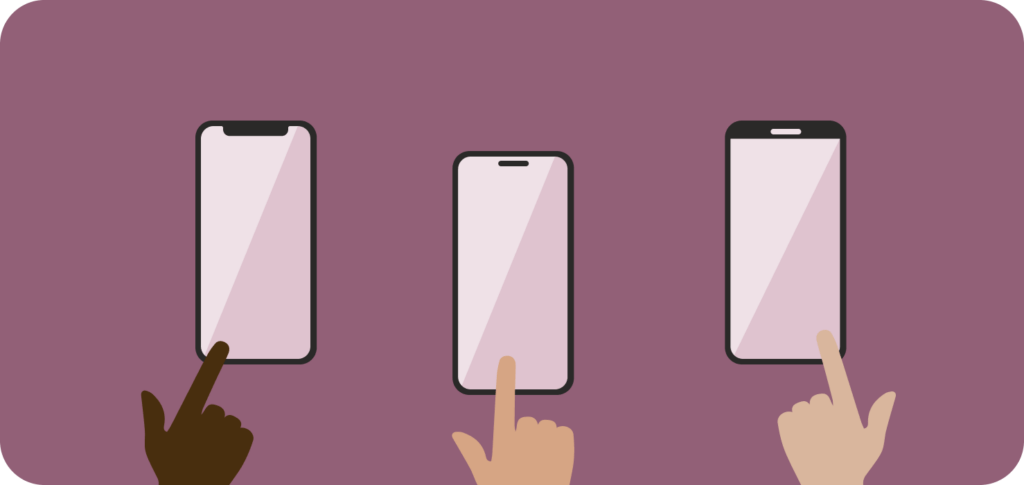
Although mobile expenses may seem a bit confusing at first glance, it helps to remember a couple of key points:
- When it comes to claiming tax relief, the name on the phone contract makes all the difference. HMRC draws a very clear distinction between a business phone contract that’s set up in the name of the employer, versus a contract that’s set up in the name of the employee.
The cheapest and most convenient option is almost always for the employer to sign a contract in their name for each employee. This way the employee doesn’t have to pay anything, and the employer can reclaim the entire contact for tax relief.
- HMRC also makes a very clear distinction between phone use for business purposes and phone use for non-business purposes. Any time you use a business phone for personal calls, you need to inform HMRC in your expenses claim.
Likewise, if you use your personal phone for business purposes, you need to provide a record of these phone calls if you want to reclaim the cost.
Handling expenses with Moss
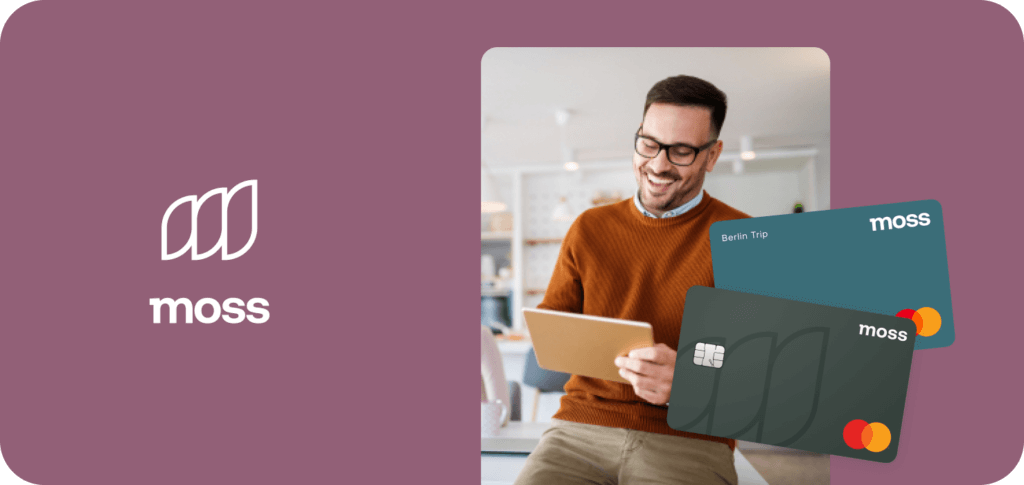
Moss’s spend management solution helps businesses save time and money by streamlining employee expenses and reimbursements processes.
With unlimited virtual credit cards, our customers can allocate individual budgets to each team, team member, or cost centre in their organisation. If you provide work mobile phones to each of your employees, you can set up a specific card just for contract payments, and track every penny you spend with Moss budget trackers. There’s no need to hunt down phone contract payments in a sea of transactions records, because they’re all stored in one place.
If you want to reimburse your employees for other expenses they’ve paid, you can use Moss’s reimbursement tools to slash admin time and automate much of the process via our app. Employees simply scan their receipts with their smartphone, and your team admin will receive an automated approval request, which they can review on the go.
Moss also integrates with a range of other enterprise tools, including accounting and HR software, so you can enjoy the benefits of smart spend management across your business.
FAQs
Yes, as a self-employed individual or sole trader you can reclaim the cost of business calls, or your business phone contract, from HMRC.
You can claim expenses for your work phone as part of your Self Assessment tax return.
Yes, businesses can reclaim the cost of one work phone per employee as a tax-deductible expense. However, the mobile phone contract has to be registered in the name of the business, and payments made from the business’s bank account.
To claim the cost of business calls made on your personal mobile phone, you need to keep detailed records of calls you want to claim. This includes the time, date and purpose of each call. You will then have to submit this record to HMRC for review when you file your expenses claims.
A benefit in kind (BIK) is a non-monetary benefit that employers provide to their employees. If an employer pays for their employee’s personal phone contract, HMRC classes this as a BIK. Subsequently, both the employer and the employee will have to pay additional tax.
